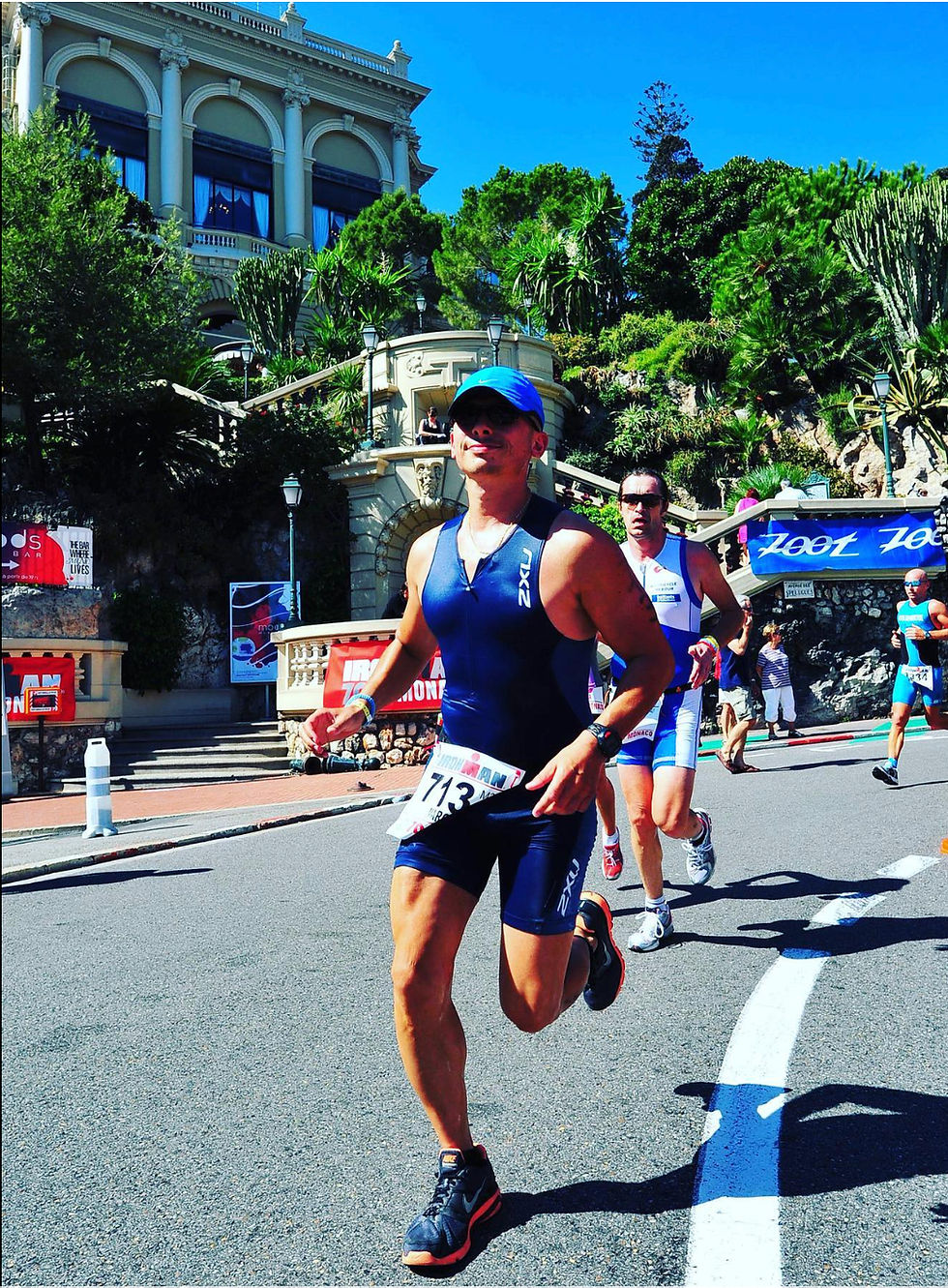What is mental preparation
- Marco Paonessa
- Sep 25, 2024
- 3 min read
We often hear: "Another useless thing!"

We often hear: "Another useless thing!"
I understand this reaction. However, mental preparation is just as essential as the techniques taught by a tennis coach or a music teacher. These professionals teach you precise movements and techniques that you repeat to reach a goal. In music, there's a sheet of music; in sports, there are exercises. A mental coach does the same thing, but for the mind.
We don’t work on physical movements, but on what happens in your mind: stress management, ambitions, adaptation, goal setting, perception of challenges, brain plasticity, and cognitive flexibility.
In my office in Nyon, I work with athletes, musicians, and executives. It’s fascinating to see that many tools used for stress management are equally crucial for mental preparation. The big difference? In stress management, the goal is to avoid an undesirable event (job loss, illness, separation), while in mental preparation, it’s about excelling in a chosen task (sports performance, public speaking, etc.).
Why prepare mentally?

The primary goal is often to minimize the negative effects of stress. Then, we focus on an ultimate goal and "tunnel in" to conserve energy and perseverance.
In the sports world, champions like Teddy Riner and Léon Marchand talk about it openly. Today, it’s rare to find golfers or tennis players without a mental coach.
My interest in mental preparation developed during an extreme race in the Moroccan desert: 250 km with semi-autonomy. For many, the Marathon des Sables or the Diagonale des Fous (160 km and 10,000 m of elevation gain in La Réunion) are both physical and mental challenges. It’s a question of preparation, endurance, and above all, mindset: how do you keep going without giving up? What strengths push you to succeed, and what weaknesses make you want to quit?
What does it mean to be mentally prepared?
It’s being in an optimal state that allows you to make the best use of your skills and abilities at the right moment. The ultimate level is the "flow" state, that moment when you're much better on the big day than in training.
You’ve likely felt it during significant events (important meetings, competitions, concerts…). Your internal state has a massive impact on your performance.
What makes a good mental coach?
Listening: Understanding how a person operates, their "mental map," their references, needs, and goals.
Knowledge: Like any profession, this requires specific skills and ongoing training. There are simple approaches, but also advanced techniques.
The power of words: My role is to find the right words at the right time to trigger a breakthrough. Often, my clients have read many books, but they come to me for a simple reason: a book cannot adapt to your specific situation. It’s this personalized relationship that makes the difference.
How to choose your mental coach?
The key criteria are: skills, specialization, experience, personal connection, and the type of method offered.
Why integrate mental preparation into your daily life?
It’s an excellent investment, whether for your hobbies, career, or even personal relationships. I recently worked with an American triathlete who explained how mental preparation tools had also boosted his productivity at work. He learned to adapt without losing sight of his goals, which transformed his daily life, reducing stress and increasing performance.
Mental preparation isn’t limited to sports or work. It also helps you in extraordinary life moments: passing an exam, discussing with a child or partner, facing stressful situations.
Want to know more?
I’m always interested in your feedback. Don’t hesitate to contact me to discuss your needs or learn more about the sessions, whether in my office in Nyon or Geneva, via video call, or at your performance venue (stadium, studio, etc.).
Marco PAONESSA




Comments